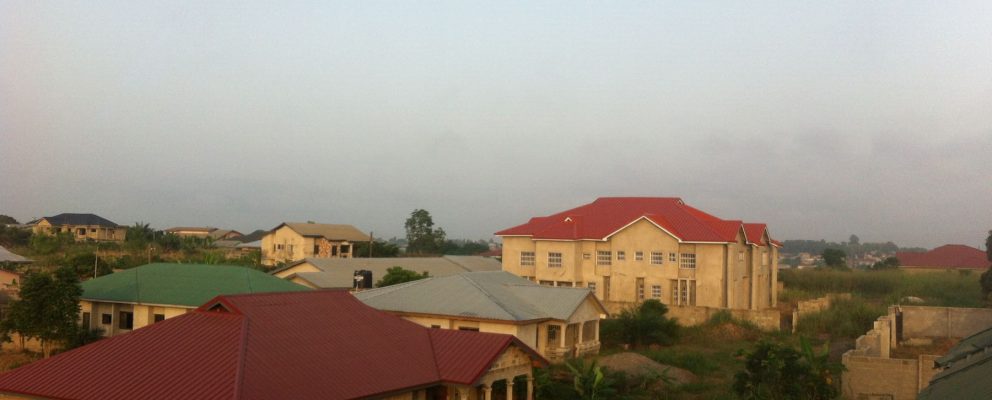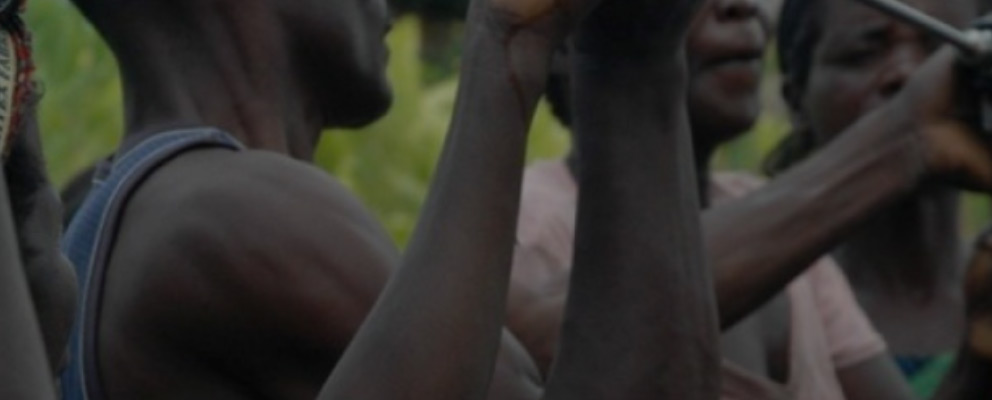
Short-term vs. Long-term Development
Who are we really to say that that is the wrong way to do development?
Wow. That was a very powerful moment for me—to hear about some of their frustrations with development work.
The night before, sitting on the balcony of a restaurant overlooking downtown Tamale, the three JFs and I got into a quite heated discussion about development, and what should be prioritized. Obviously there is no easy answer, and we certainly didn’t reach a consensus, but what it boiled down to was whether you focus on more long-term, systemic development, where it can be very hard to measure the impact, or more short-term development where the immediate impact is more obvious. From my experience, EWB is more focused on systemic development that will ideally be more sustainable and make more progress in the long run. But at the same time, there are immediate needs to be met, and so when is short-term action appropriate so that people’s lives can actually be improved in the meantime? Take the community I interacted with: they are clearly looking for some short-term action, and even some physical items like tractors, and if they are the beneficiaries, who are we really to say that that is the wrong way to do development?
I see some sort of compromise here – I don’t think the two are mutually exclusive, and at the same time, every situation is unique and probably should be treated differently. However, how is that further complicated by the roles of foreigners in development as compared to nationals? I am hesitant to perpetrate the idea that foreigners just donate things and leave, so then maybe we are better suited to support those working in the system to create change? But what if the support needed is financial donation?
Anyway, some food for thought, and it is something that has definitely been on my mind as I think about my own placement and my own role here. At this point, I am doing research to help VOTO’s clients better include rural women in their mobile engagement programming, so I am playing a very indirect role. Is there a way that I could provide more short-term impact or more direct action for that community in a way that still supports sustainable development?
Hilary Stone is a junior fellow based in Kumasi, Ghana. This post originally appeared on her blog, where she’s documenting her experience working with VOTO Mobile.
